We may earn money or products from the companies mentioned in this post. This means if you click on the link and purchase the item, I will receive a small commission at no extra cost to you ... you're just helping re-supply our family's travel fund.
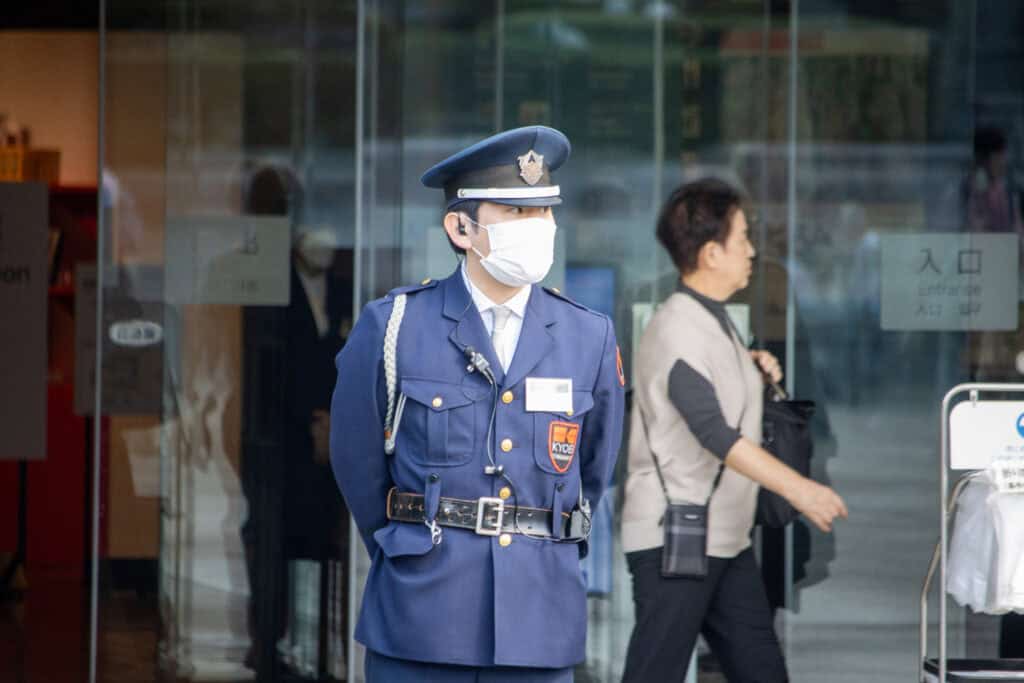
Japan often looks effortless from the outside: clean streets, quiet trains, and crowds that somehow move in sync. Behind that calm surface sits a dense web of laws, local rules, and unwritten expectations that can trip up American visitors in surprising ways. Behaviors that seem harmless at home suddenly attract frowns, warnings, or real legal trouble. The result is a mix of admiration and anxiety, as travelers try to understand how a place can feel so welcoming and so strict at the same time.
Zero,Tolerance Drug And Medication Rules
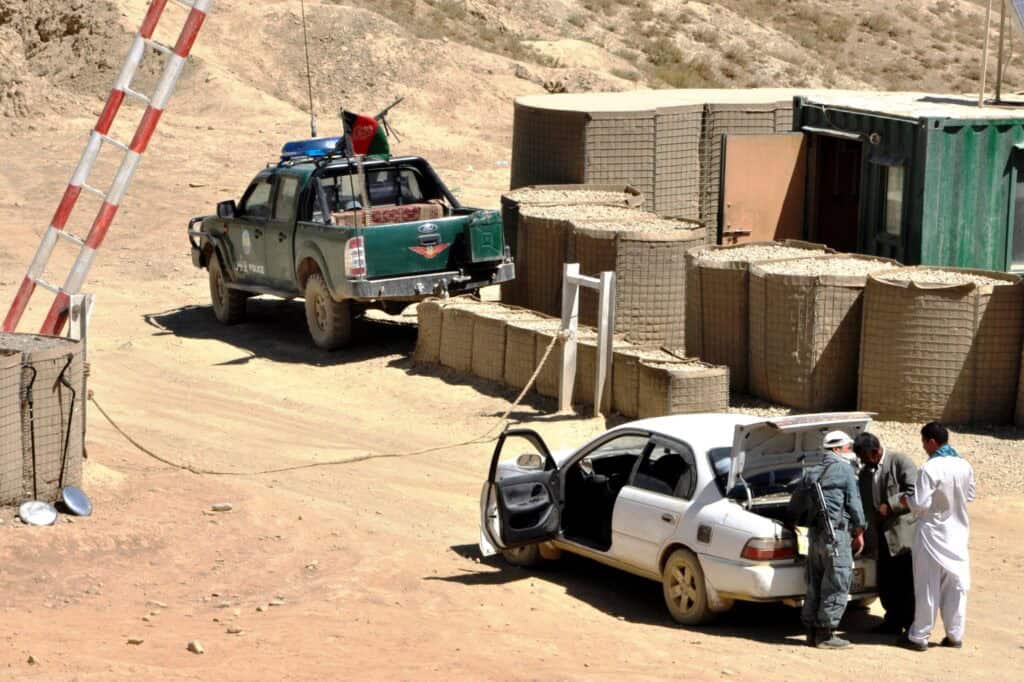
American travelers are often stunned by how unforgiving Japanese drug laws are. Even tiny amounts of illegal substances can lead to arrest, detention, and deportation, and that includes party drugs that some treat casually back home. Certain prescription medications, especially stimulants, are banned or require special paperwork. Customs officials take their role seriously, and celebrities have seen careers collapse over minor drug charges. The message is blunt: substances that might blur rules elsewhere can end a trip outright in Japan.
Always Carrying A Passport Is Not Optional
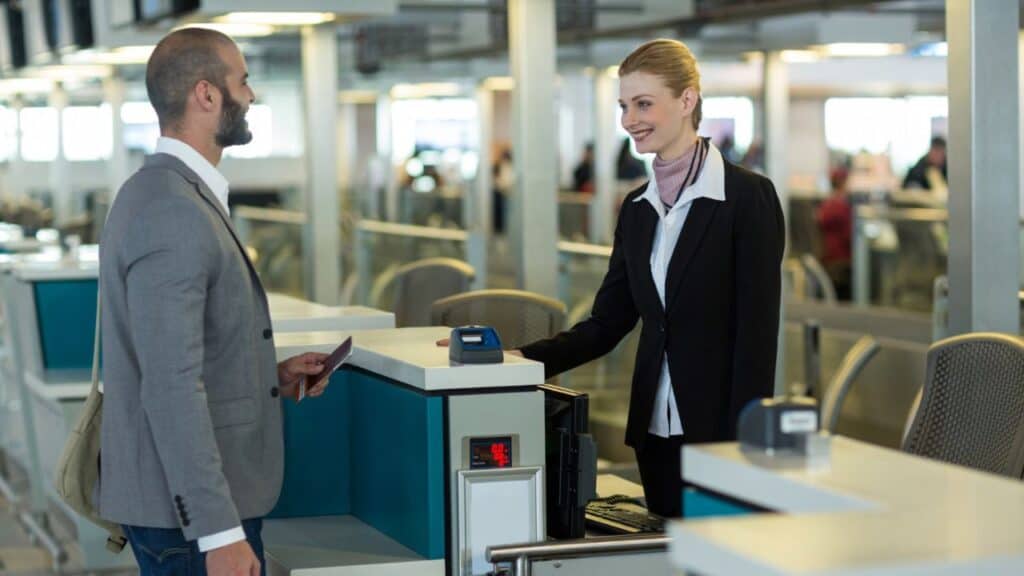
Foreign visitors are legally required to carry a passport at all times, not tucked in a hotel safe. Police officers have the authority to stop someone and request identification, especially in nightlife areas or after incidents. Americans who are used to leaving documents behind may feel rattled when told a photocopy is not enough. In practice, most interactions stay polite, but the rule reflects a system that values quick verification over the casual, wallet-only approach many travelers know.
Legal To Drink In Public, Illegal To Be Reckless
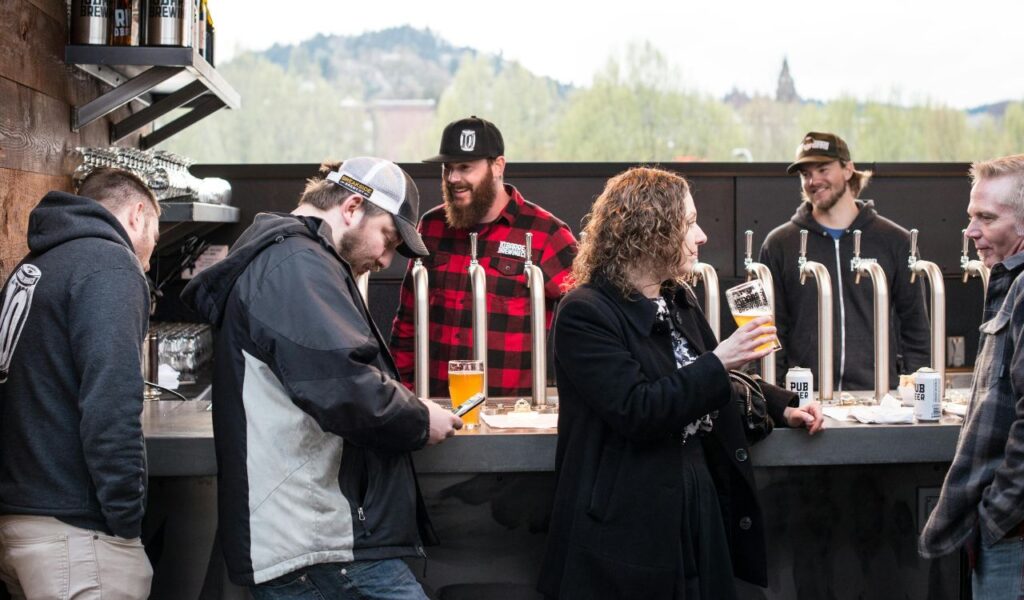
Japan’s alcohol rules puzzle many Americans because the lines are drawn differently. The legal drinking age is 20, not 21, which already throws some expectations off. At the same time, open containers in parks or on trains are technically allowed, yet loud drunken behavior is heavily frowned on and can attract police attention. The culture tolerates quiet cans on a picnic blanket far more than shouting on a late train. The law sits in the background while social pressure does most of the work.
Strict Street Smoking Bans And Tiny Smoking Rooms
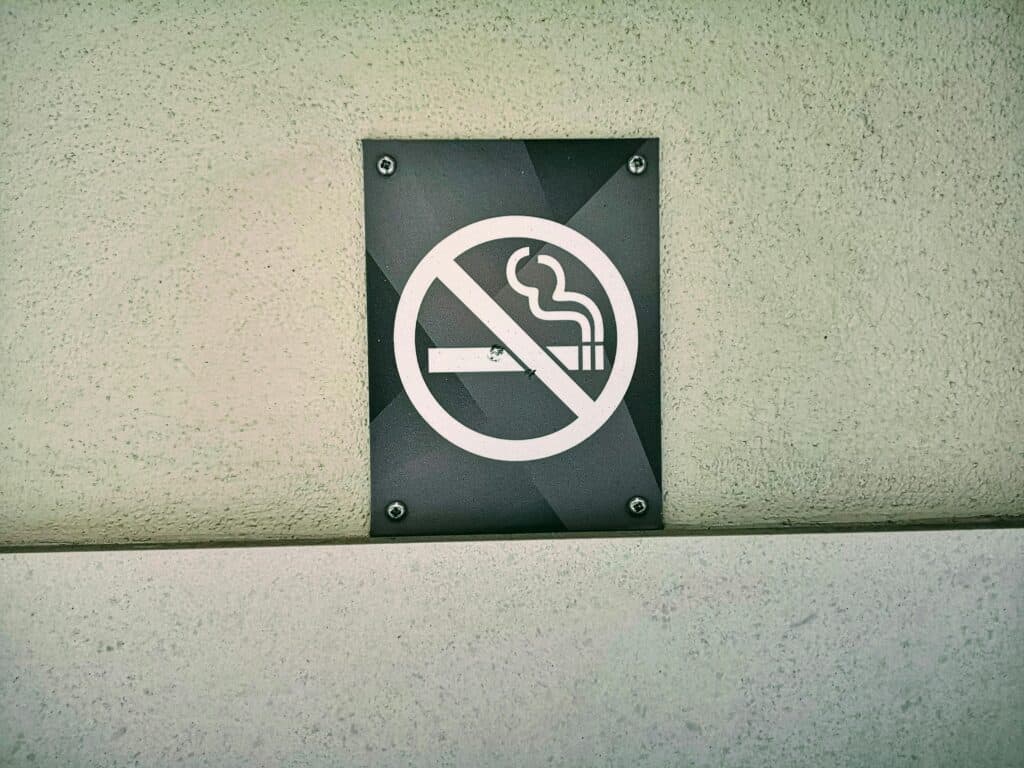
In many Japanese cities, smoking is banned on busy sidewalks but permitted inside designated rooms at bars or cafes. For Americans used to outdoor smoking and indoor bans, that reversal feels backward. Special officers sometimes patrol streets in no-smoking zones and can issue on-the-spot fines. Meanwhile, tiny enclosed smoking booths appear in train stations and malls like glass fishbowls. The system tries to keep smoke away from crowds, even if the logic does not match what many travelers expect.
Bicycle Rules That Treat Bikes Like Cars
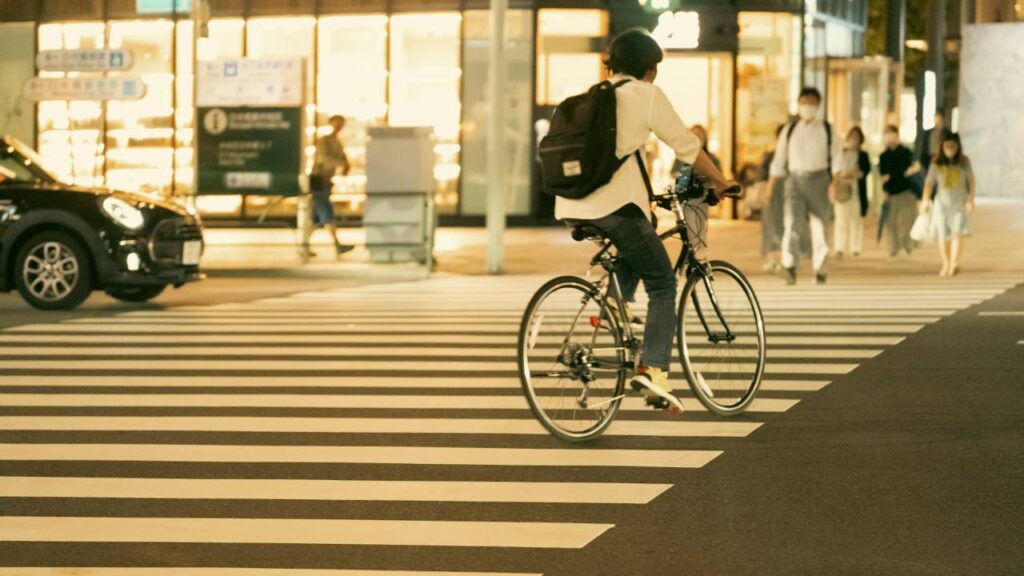
Bicycles in Japan often glide along sidewalks, yet the law generally treats them more like road vehicles. Riding while drunk, holding an umbrella, or staring at a phone can all lead to fines or serious trouble if an accident occurs. Americans who see bikes as casual toys sometimes miss how much responsibility riders carry in dense neighborhoods. Police often respond with warnings first, but the expectation is clear: a bicycle is not a loophole around traffic law, it is part of it.
Driving Laws With Shared Responsibility For Drinking
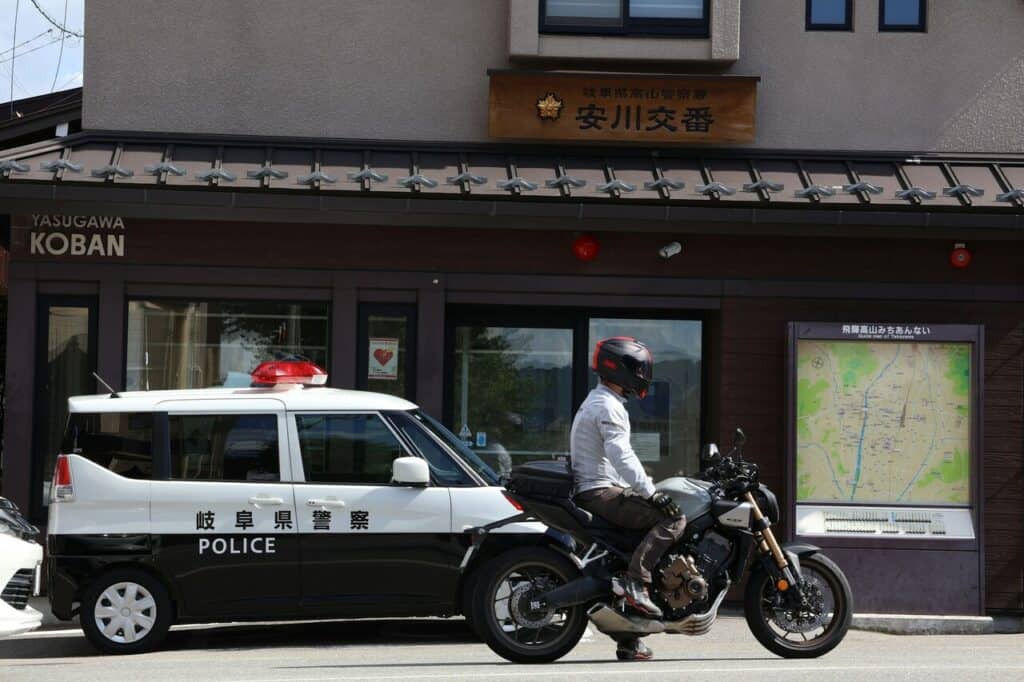
Japan’s stance on drunk driving is famously strict, and that severity can surprise American visitors who rent cars. Even small amounts of alcohol can push a driver over the limit, and penalties can extend beyond the person behind the wheel. Friends in the car or hosts who served alcohol to someone who later drives may also face consequences. The goal is to spread responsibility across everyone who enabled the decision. For travelers, it means taxis and trains are the only safe choice after drinks.
Tattoos That Trigger Pool And Onsen Bans
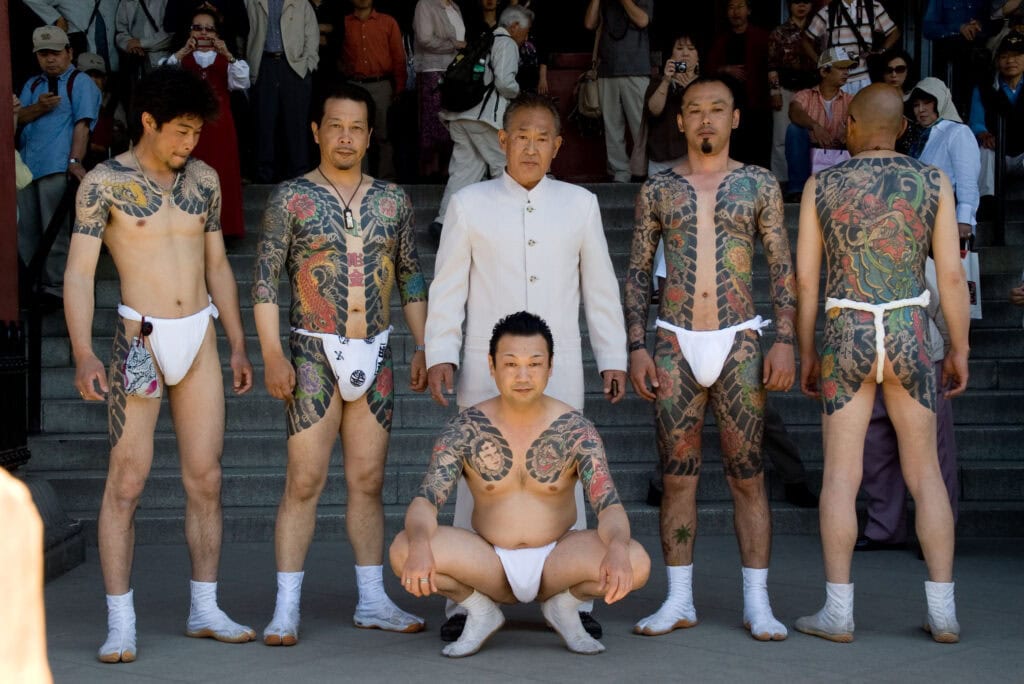
For many Americans, tattoos are just personal art; in Japan, they still carry strong associations with organized crime. As a result, many hot springs, public baths, and pools either ban visible tattoos or require covers, which can feel like a law even when it is a business policy. Travelers with full sleeves sometimes find entire sections of water culture suddenly off-limits. Change is happening slowly, with some facilities relaxing rules, but confusion at front desks remains a regular part of the experience.
Garbage Separation Rules That Feel Like Exams
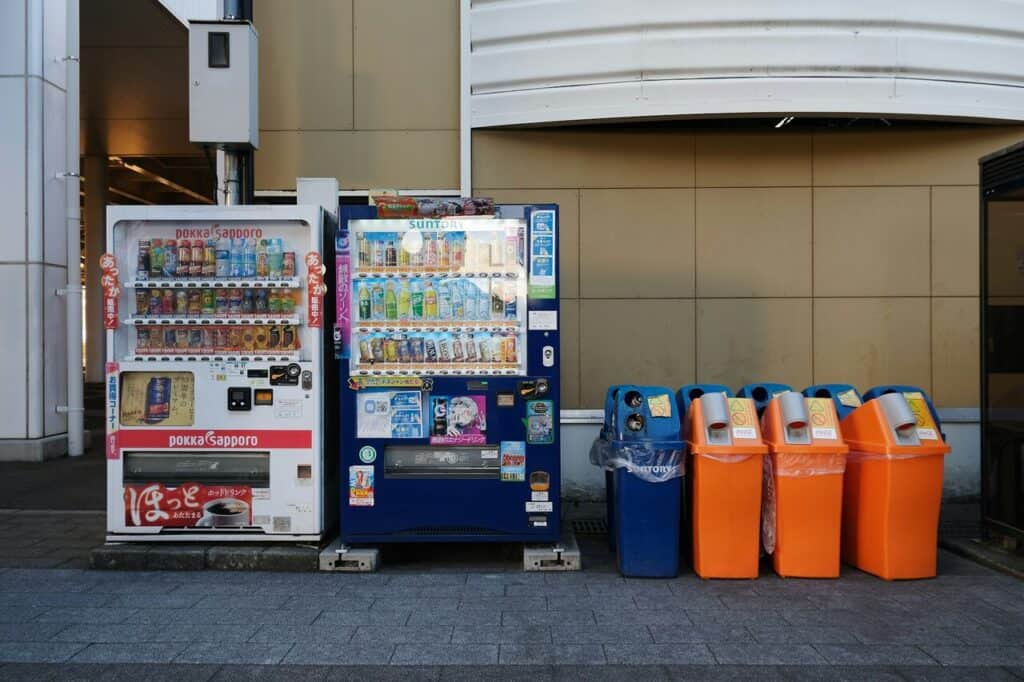
Japan’s waste rules are a blend of law, local ordinance, and social pressure, and they often leave visitors bewildered. Trash is sorted into burnable, plastics, cans, bottles, and more, with strict pickup days and special bags in many neighborhoods. American travelers staying in rentals sometimes face detailed instruction sheets and warnings about fines if garbage is mishandled. Hotels shield guests from most of this, but anyone living even briefly in a residential area gets a taste of how serious the system is.
Silence And Etiquette Laws On Trains
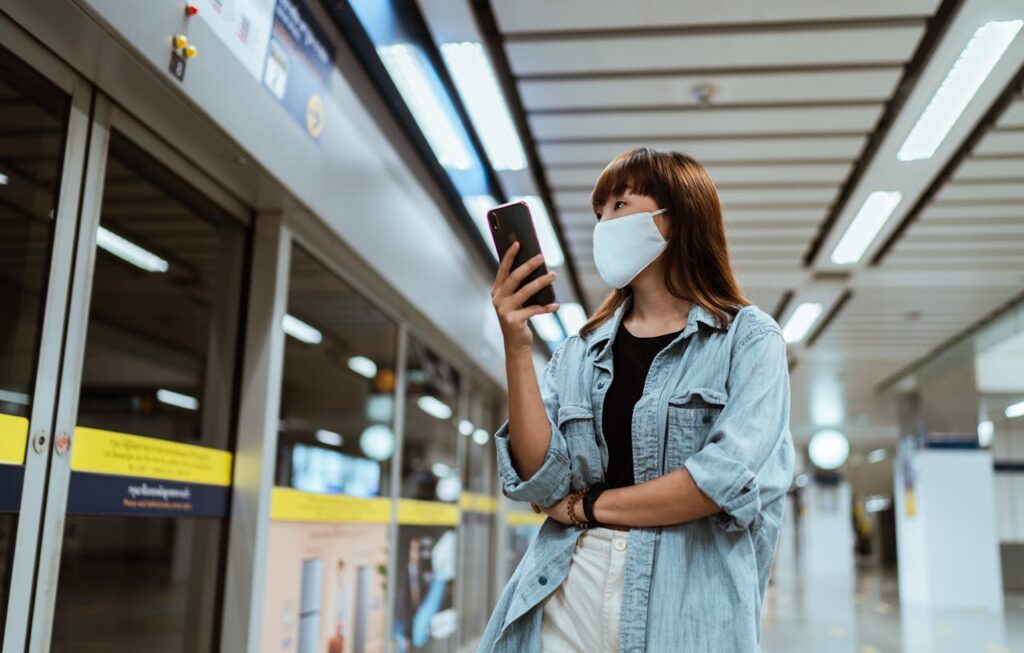
Train etiquette in Japan is partly cultural and partly backed by regulations that prohibit certain disruptive behaviors. Talking loudly on phones, playing music without headphones, or blocking doors can draw attention from staff or even involve transit police. Signs on priority seats and quiet cars are not just gentle suggestions. Many Americans arrive assuming public transport is naturally chaotic and are surprised at how firmly order is maintained. The underlying rules protect a shared sense of calm that locals deeply value.
Drone And Photography Restrictions Around Landmarks
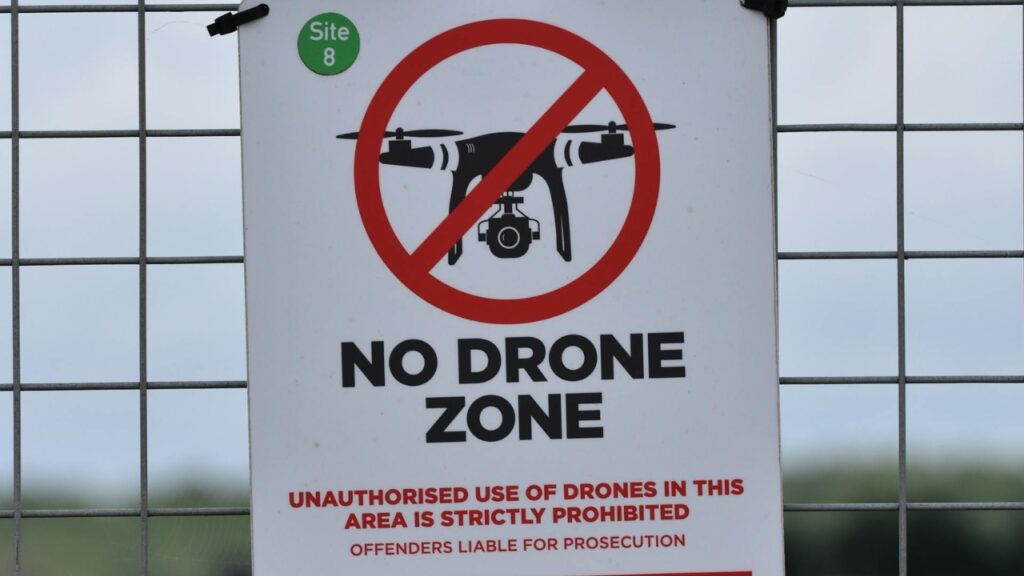
Drones and cameras bring a final layer of legal confusion for visitors. Flying drones is heavily regulated near airports, crowded areas, and many famous sites, with permits required in places that feel open and harmless. Photography itself is usually allowed, but publishing close-up images of strangers without consent can raise privacy concerns anchored in civil law. American travelers raised on casual street shots sometimes misjudge where the legal and social boundaries sit, only learning the limits when staff step in to stop filming.